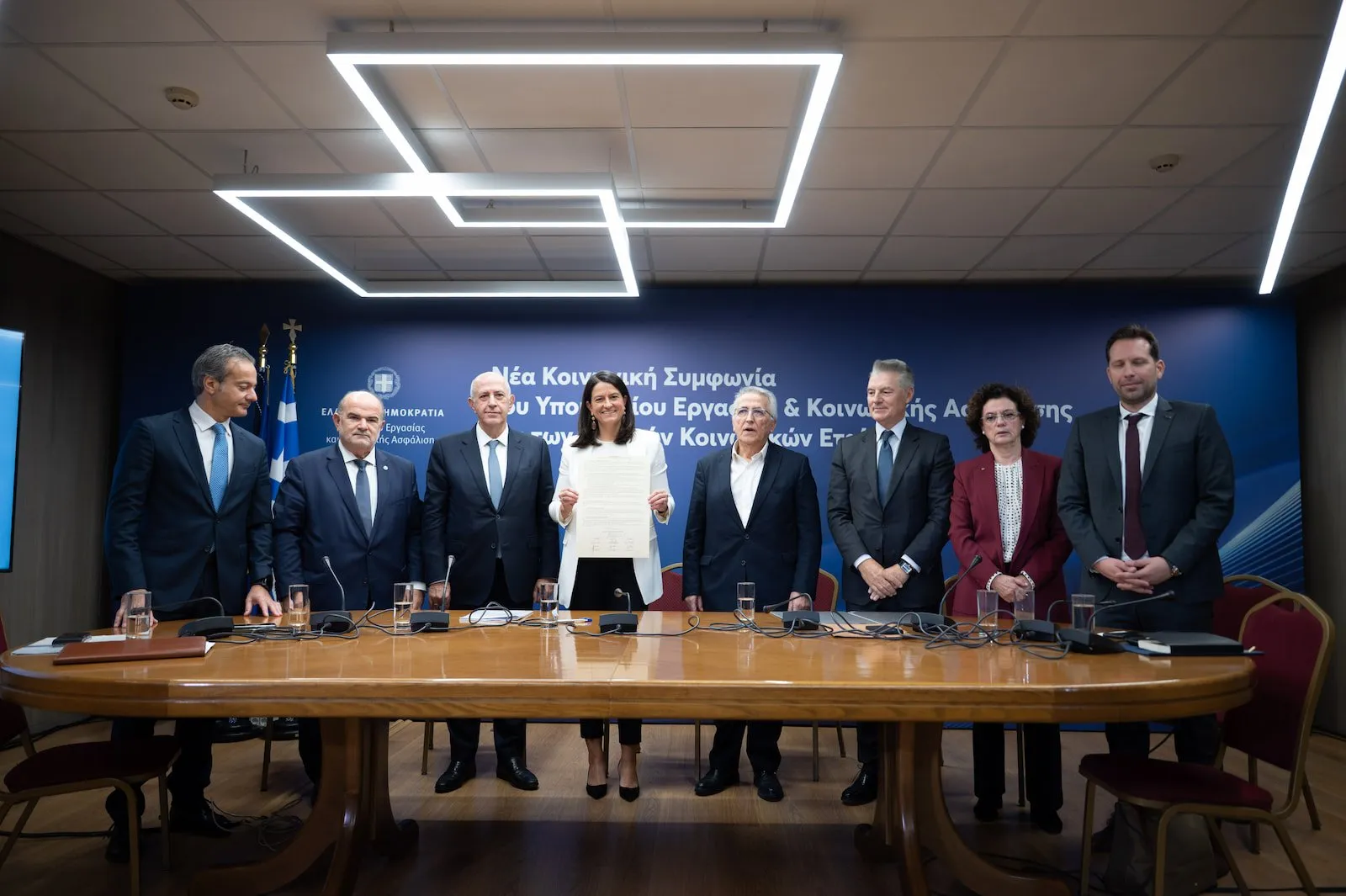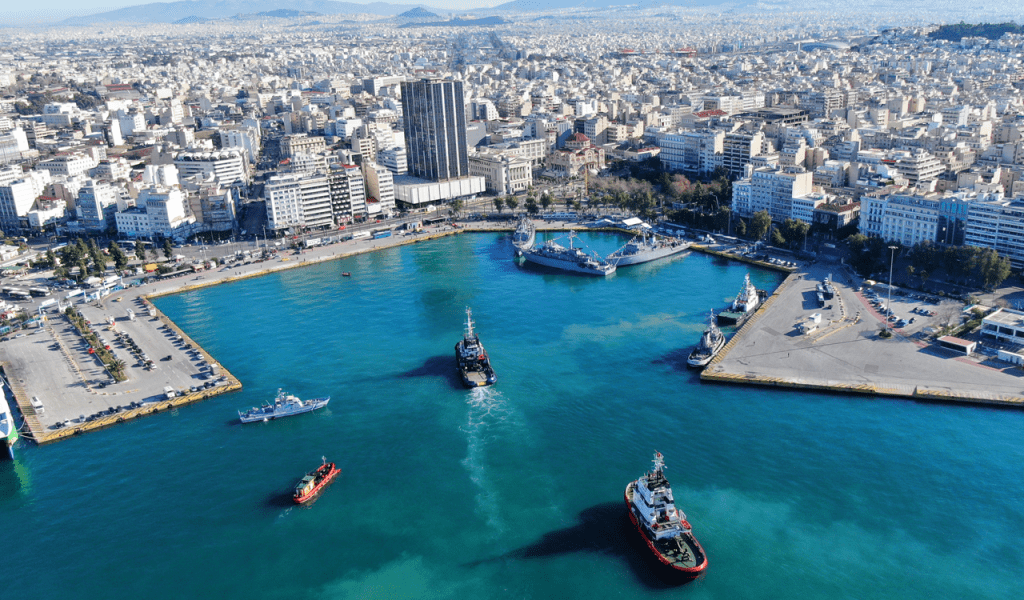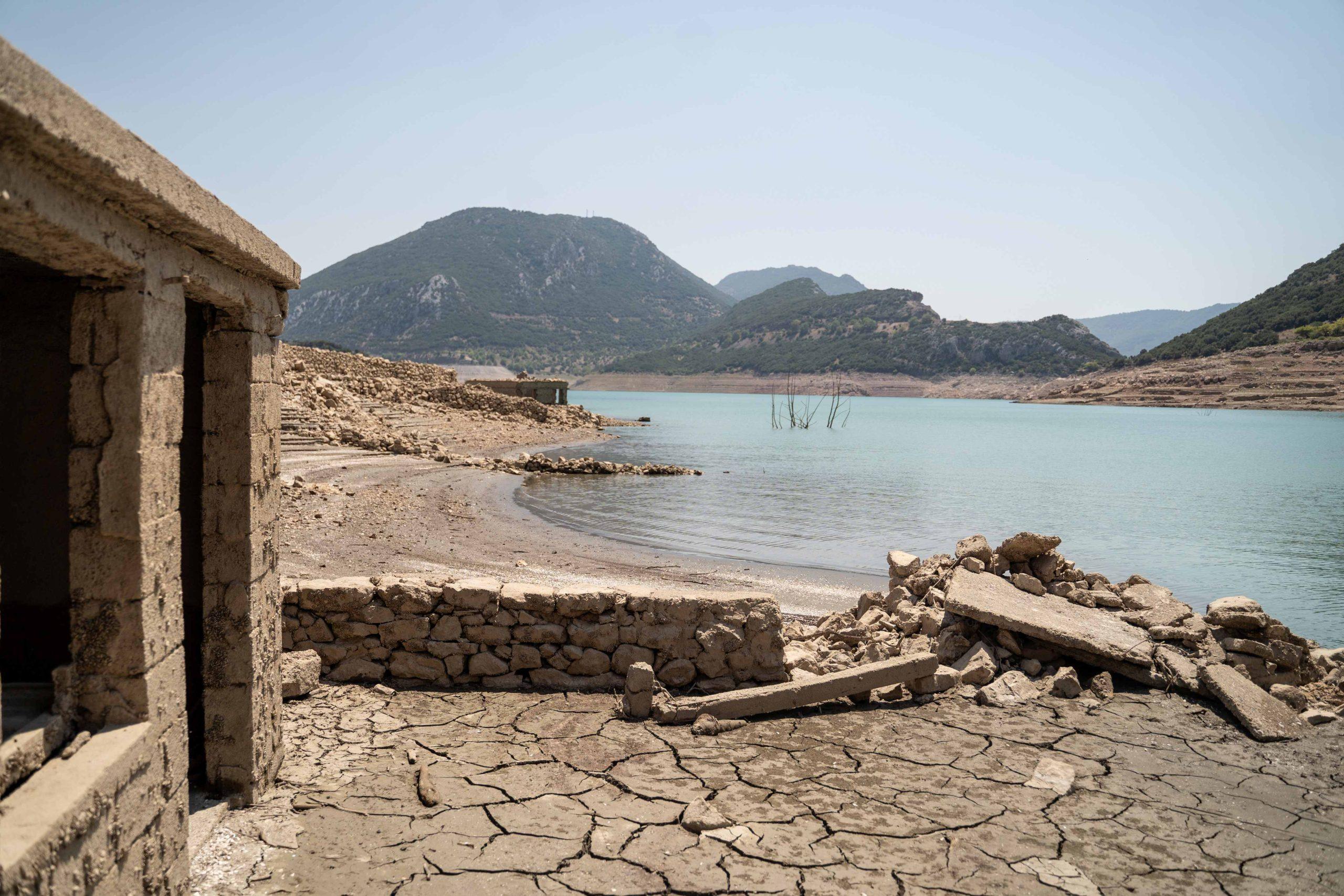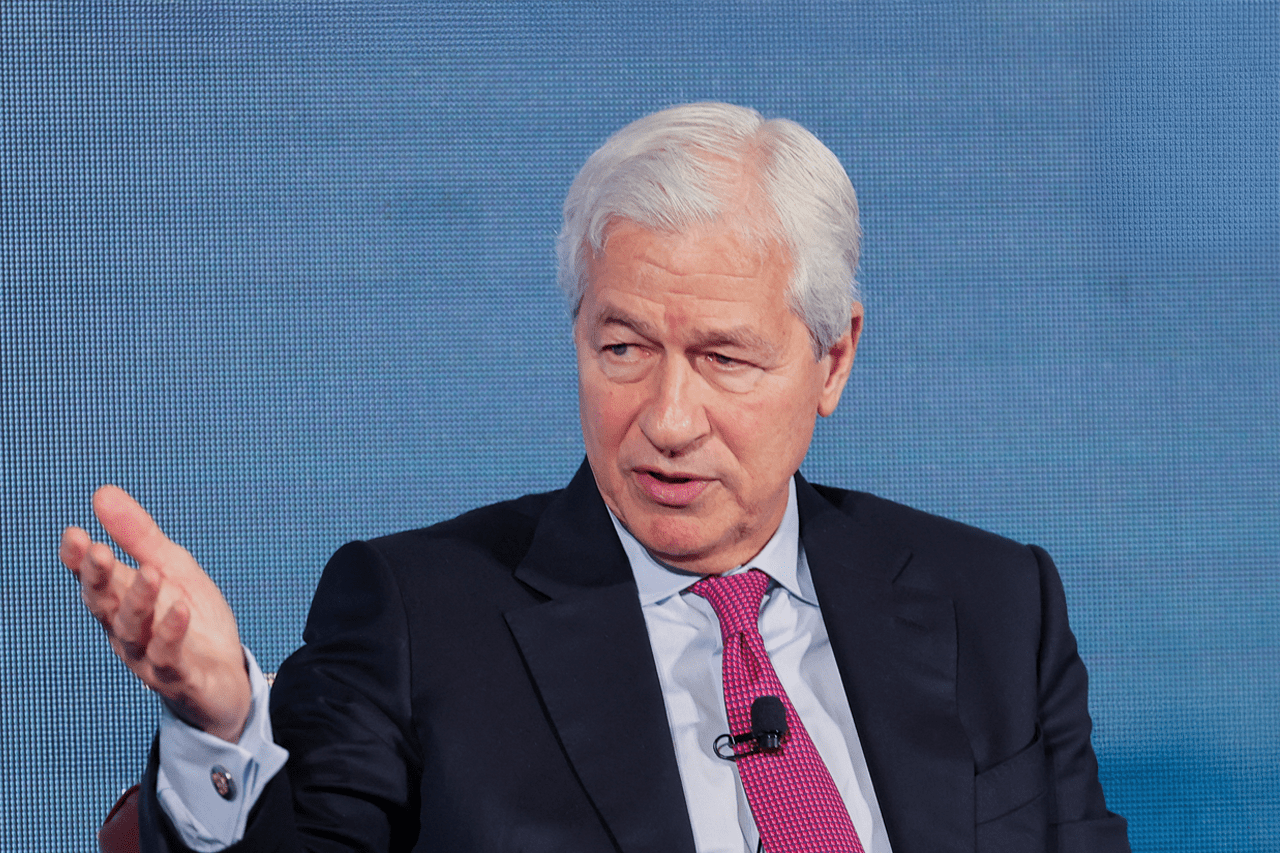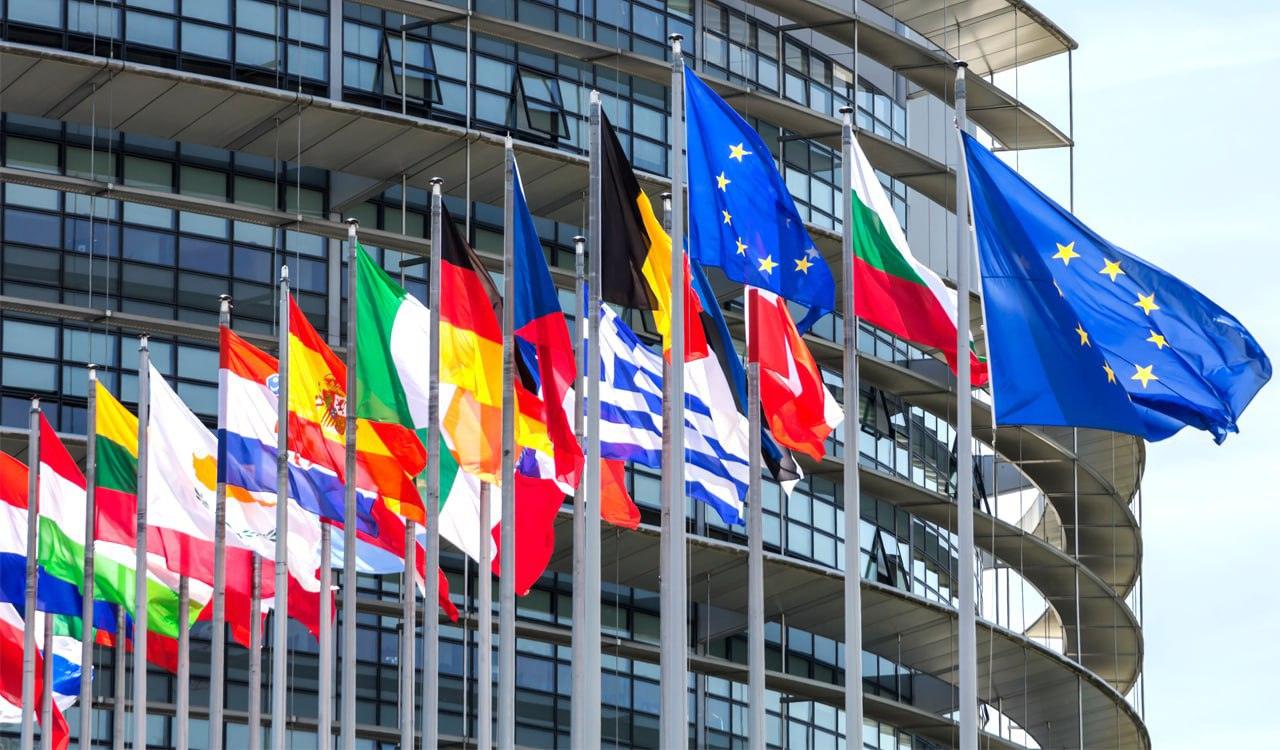Ammonia “promises” a lot as a future marine fuel according to a note from Gibson entitled “Ammonia – New Kid in the Engine Block”. However, the relevant research efforts also record “problems” that need to be overcome.
As the shipping industry looks for new zero-emission fuels, ammonia along with hydrogen and methanol are at the heart of the research, Gibson said. According to the note, ammonia is a colorless fuel that does not emit carbon dioxide when burned.
It can be made using renewable energy sources, while it can be used from fuel cells and internal combustion engines
Unlike hydrogen, ammonia does not need to be stored in high pressure or cryogenic tanks. It also has about 10 times the energy density of lithium ion batteries. Thus, as a zero-emission fuel, ammonia is very promising. Although there is currently no ship running on this fuel, there are a number of engine manufacturers that are developing suitable engines.
However, there are some concerns that engineers need to overcome. First ammonia is a dangerous product, it is also corrosive and when burned at high temperatures it can produce nitrogen dioxide, which contributes to smog and acid rain. It also produces nitrous oxide, a greenhouse gas more powerful than carbon dioxide and methane.
The above are known “defects” of ammonia that affect the progress of ship design.
Despite these well-known concerns, there is still a strong interest in making ammonia a fuel for the shipping industry, and the economy at large.
In any case, there is a large number of studies and programs in progress, examining various aspects of ammonia production and the supply chain.
Among these studies and the programs that are in progress is the Research Project “Scaling up and demonstration of a multi-MW Fuel Cell system for shipping (ShipFC)”.
It started in January 2020 and will last 6 years. EU funding amounts to 10M euros but the total cost of the program will reach 21.5m euros.
The remaining money will be covered by the Norwegian government and the industrial partners.
The consortium running the project includes Maritime Cleantech (coordinator), Wartsila Norway AS, Fraunhofer, Prototech, NCSR “Demokritos”, Persee, North Sea Shipping AS, Capital-Executive Ship Management Corp , Starbulk Shipmanagement Co., Yara International ASA, Sustainable Energy AS, Equinor Energy AS and of course the Maritime Safety Research Center (MSRC) of the University of Strathclyde in Glasgow.
Also the first orders for shipbuilding that will be able to use ammonia are being placed by shipping companies,
Among them is Avin International of the Vardinogiannis Group, which was the first shipping company to place an order at a Chinese shipyard earlier this year for the construction of a tanker that can also use ammonia as fuel.
New Times Shipbuilding is building a suezmax 156,500 dwt tanker based on a US-approved ABS design that will allow the ship to use ammonia or liquefied natural gas (LNG) as additional fuel with the help of additional modifications.
The ship is expected to burn conventional fuel when it is delivered in 2022, but Avin will have the flexibility to decide which low-carbon fuel it can use.
Also, Capital Maritime & Trading, of the Family of Vangelis Marinakis, placed an order at the Hyundai Mipo Dockyard (HMD) shipyards for the construction of four tankers that will utilize alternative energy sources, (alternative maritime power-AMP) such as electricity while they can use liquefied natural gas (LNG) as fuel, as well as ammonia and in addition they will have a propulsion system using wind energy (LNG, ammonia and rotor sail ready).




